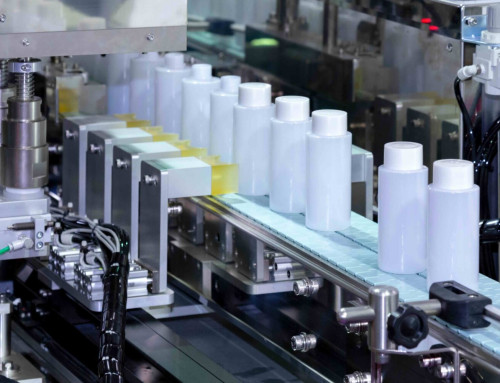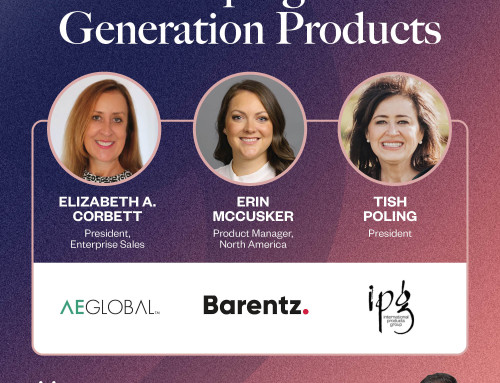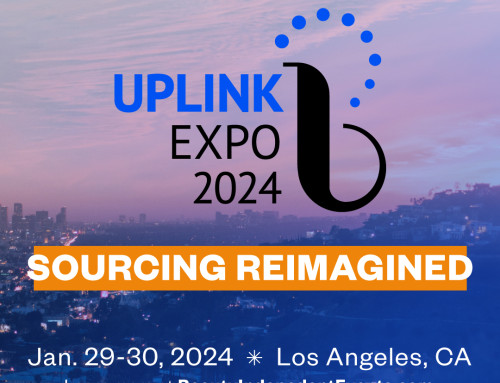Private Label vs. Custom Formulas: Navigating the Beauty Industry’s Secret Sauce
In the beauty industry’s quest for innovation and market differentiation, the debate between adopting private label and investing in custom formulas is more relevant than ever. Brands are at a crossroads, deciding whether to leverage the cost-effectiveness and speed of private label solutions or to invest in the unique identity and innovation potential of custom formulations. This discussion is crucial for emerging and established brands alike, as the choice significantly impacts their market positioning and long-term success.
The Appeal of Private Label
Private label beauty products offer a gateway for brands to enter the market with minimal upfront investment and reduced time to launch. These off-the-shelf solutions allow brands to apply their branding to pre-existing, market-tested formulations, providing a quick and cost-effective route to consumer shelves. Industry veteran Bob Goehrke, Co-Founder and CEO of International Products Group (IPG), champions the private label approach, especially for startups and smaller enterprises looking to establish a foothold in the competitive beauty landscape. Goehrke advocates for a “good/better/best” strategy, where private label products can competently serve the “better” segment, offering quality solutions that cater to specific consumer needs without the hefty price tag of custom development.
The Custom Formulation Advantage
On the flip side, custom formulations represent the pinnacle of brand individuality and innovation. Tailor-made solutions not only provide brands with unique selling propositions but also foster a deeper connection with consumers through bespoke product stories and experiences. Custom formulations allow brands to explore novel ingredients, cutting-edge technologies, and proprietary blends that align closely with their ethos and market positioning. This route, however, demands a significant investment in research and development, testing, and regulatory compliance, posing a higher barrier to entry but promising greater long-term rewards in brand equity and consumer loyalty.
Industry Perspectives on the Formulation Frontier
The beauty industry is witnessing a nuanced shift in the formulation landscape, driven by consumer demand for transparency, ethical sourcing, and sustainability. Brands are increasingly pressured to disclose their formulation practices and ingredient sources, nudging them towards custom solutions that offer greater control over the product narrative. Moreover, regulatory changes and advancements in cosmetic science are setting new standards for product innovation, further emphasizing the value of custom development in staying ahead of the curve.
Consumer Trends Shaping the Future
Today’s beauty consumers are more informed and discerning than ever, seeking products that not only deliver on their promises but also resonate with their personal values and lifestyle choices. This consumer evolution is steering brands towards custom formulations that can cater to niche markets, address specific skin concerns, and embody ethical practices, from cruelty-free testing to eco-friendly packaging.
Looking Ahead: The Formulation Landscape of Tomorrow
As we gaze into the future of beauty product development, it’s clear that the lines between private label and custom formulations will continue to blur. Brands might adopt hybrid models, leveraging the agility of private label for certain product lines while investing in custom formulations for flagship offerings. Technological innovations, such as AI-driven formulation and on-demand manufacturing, could democratize access to custom solutions, making them more attainable for brands of all sizes.
In Conclusion
The choice between private label and custom formulations is not merely operational but strategic, reflecting a brand’s vision, values, and commitment to its consumers. As the beauty industry evolves, this decision will increasingly influence a brand’s identity, market differentiation, and long-term sustainability. Whether opting for the efficiency of private label or the innovation of custom formulas, brands must navigate this landscape with a keen eye on consumer trends, regulatory shifts, and technological advancements to ensure their offerings resonate with the market’s ever-changing demands.





